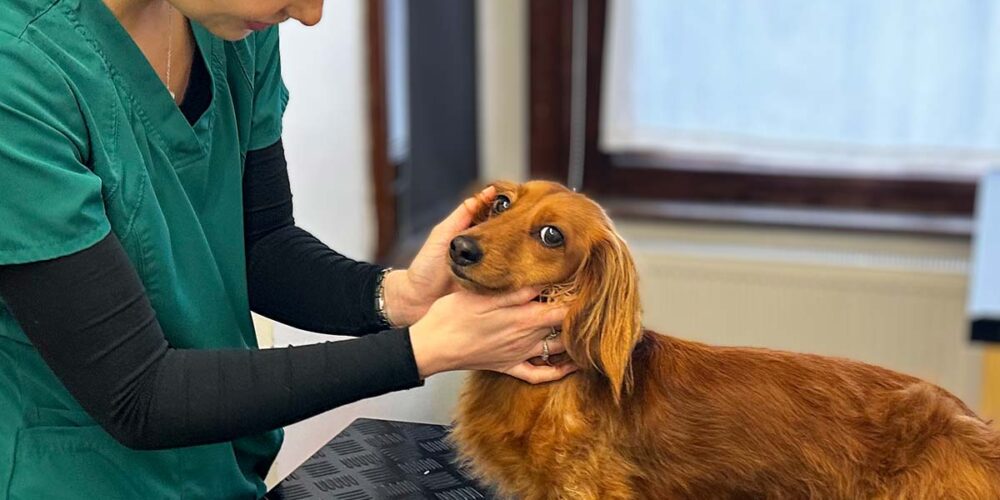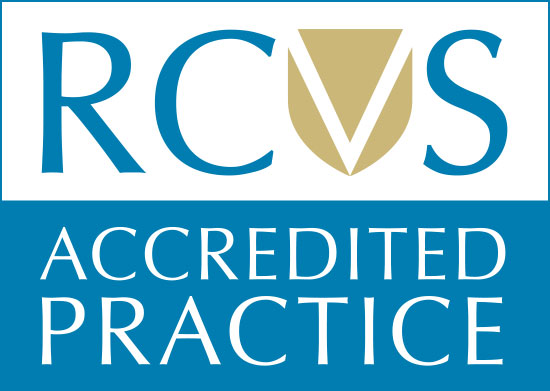Travelling with your Pet Overseas
New information for pet travel
The old Pet Passport Scheme is no longer valid since our departure from the EU. If you are planning to travel with your pet, you now need to obtain an Animal Health Certificate from your vet.
For countries other than the EU & Northern Ireland, or for pets other than dogs, cats, & ferrets, owners are advised to contact APHA for the latest rules and regulations for export: 03000 200 301 or visit their website www.gov.uk/export-health-certificates. You are advised to do this as soon as possible as the requirements may influence the timing and type of vaccines and treatments we give.

Travelling to the EU and Northern Ireland
If staying abroad for more than a short holiday, owners are advised to contact the local foreign authority. UK rabies boosters need to be given every 3 years, but animals considered resident in a foreign country may require annual boosters and/or compliance with other local regulations.
Microchips and Vaccines
There are foreign diseases that do not occur in the UK and to which your pet may be susceptible. You must get your dog, cat or ferret microchipped and then vaccinated against rabies before it can travel.*
Rabies Vaccines
A rabies vaccination must be given by a vet (from 12 weeks of age) and pets must wait 21 days from the rabies vaccination before travelling. There is no waiting period after a rabies booster as long as the booster was given within the validity period of the previous dose.**
Health Certificates
You must take your pet to an official Veterinarian no more than 10 days before arrival abroad (or departure if going by boat) to get an Animal Health Certificate (AHC).***
Travelling with Dogs
For dogs going to Northern Ireland, Republic of Ireland, Finland, Norway or Malta, a tapeworm treatment must be administered by a vet not less than 24 and not more than 120 hours before entering the country and this must be recorded on the AHC.
Arriving in the EU
On arrival in the EU, pet owners travelling with their pets would be required to enter through a designated Travellers Point of Entry (TPE). At the TPE, the AHC must be shown. Also proof of microchip insertion date and rabies vaccination will be required. Also, authorisation from the owner if the owner is not present. The pet must travel within 5 days of the owner.

Preparing for your trip
*Your pet’s microchip should be checked prior to travel. It is the owners responsibility to make sure this is working. You can get a vet or nurse to check this.
**Although we endeavour to send reminders for rabies vaccine boosters it is the owner’s responsibility to ensure that the boosters are given before the current ‘valid until’ date, otherwise a further 21 days after vaccination must elapse before they can travel.
Please contact us at least a month before travel to arrange for suitable parasite treatment and you should check that you will be allowed to carry the necessary antiparasitic treatment with you as this varies from country to country.
We advise you to carry a tick removal tool with you (available from us) to remove any ticks as soon as possible.
We also recommend that you repeat tapeworm treatment sometime during the first 30 days after returning to the UK. Repeat tick treatment once back with timing depending on what the previous product was.
Please bring us any ticks found on your pet after a foreign trip so that we can have them identified and advise you of any human concerns.


***Although called an AHC the issuing vet will not be checking on your pets health, its fitness to travel, or fitness to live in a different country or climate.
For frequent travellers it may be more convenient and cheaper to obtain a Pet Passport whilst in the EU or NI, that could be used instead of an AHC. UK vets are no longer allowed to make entries on a EU Pet Passport apart from tapeworm treatment and health checks. Therefore, make sure that rabies boosters are given abroad. They may need to be annual. You may need a new rabies vaccine in order to get a passport.











